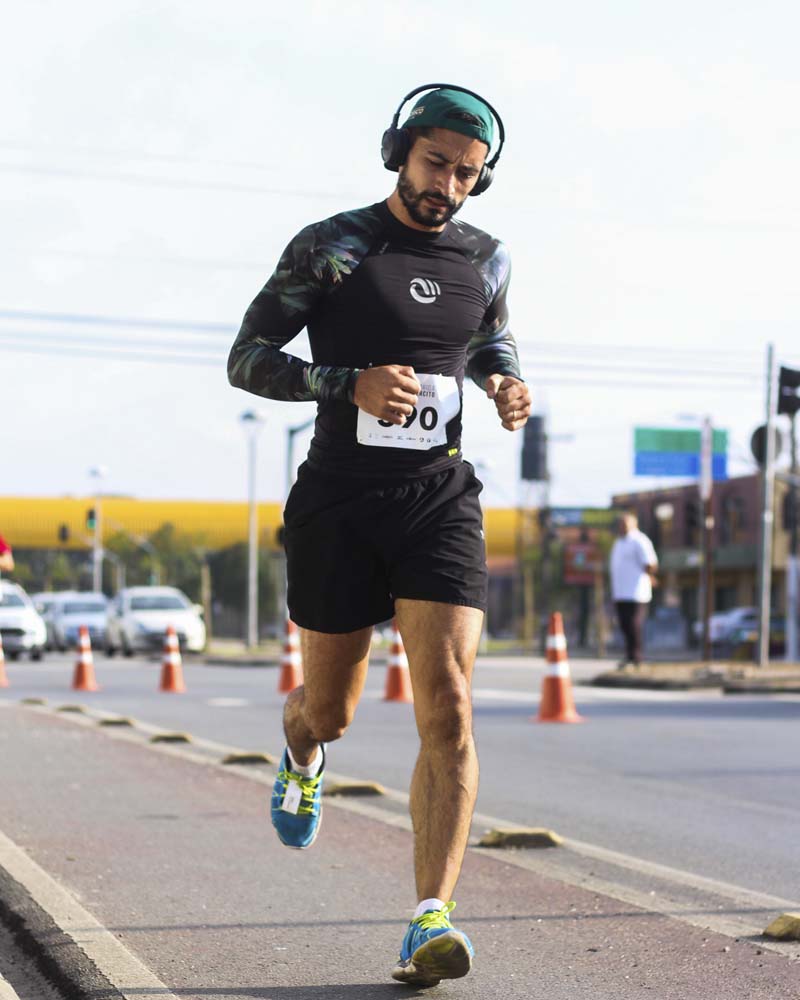Sports Performance
Many people say that 90% of sport performance is mental. Unfortunately, most athletes spend 100% of their practice time on the physical aspects of sports. You have practice, life weights, go to rehab, attend team meetings, and more. But do you dedicate any time to your mental game? If the mental part of sport is so important, why don’t we dedicate more time to it?
Many of you have heard the statement, “Whether you think you can or think you can’t, you’re right.” This is a perfect example of why it’s so important to take the extra time to improve your mental performance. Our thought patterns change our feelings as well as the outcome, which can result in performance anxiety or feeling unprepared. There are many different reasons to pursue sport psychology, including overcoming an injury, changing thought patterns, improving focus or motivation, visualizing success, and increasing confidence. We understand the pressure and expectations put on athletes to succeed. Sport psychology is a valuable addition to your toolbox for success.
Counseling for Sports Anxiety
Does your teen seem anxious about they sport they used to love?
It’s hard to watch our son or daughter go from an enthusiastic, eager young athlete to one who seems perpetually stressed by the very sport they used to love. They, too, are wondering how this happened, why they enjoy it less and have become so stressed by it.

If you observe these changes in your son or daughter, they could be suffering from sports performance anxiety, which can cause them to have higher than normal perceptions of stress while playing. They may interpret events in ways that fuel overly high expectations of themselves, creating excessive stress, fear, and tension. This dynamic usually develops on its own but is also common in athletes returning from an injury.
Here are some signs that your child or teen may be experiencing sports-related anxiety:
- Nervousness and worrying before games
- Fears about being judged by peers or the coach
- Perfectionism, overly focused on mistakes
- Physical symptoms of anxiety: muscle tension, breathing changes
- Self doubt
- Negative self talk
- Difficulty focusing during games
- Better performance in practice than in games
The good news is that sports anxiety can be treated, and your teen can get back to enjoying the benefits of the sport that they experienced before. Cognitive-behavioral therapy conducted by a professional trained in sports performance can help your teen reclaim the joy of sports they used to have.

Counseling for sports performance issues can help the athlete:
- Decrease “selective attention” to physical or mental symptoms of anxiety, enabling her to refocus on the game
- Stop predicting negative outcomes
- Imagine success
- Regain confidence
- Focus on personal improvement, and stop worrying about what others are doing
- Reduce overly high expectations of self that interfere with performance
- Normalize the anxiety and be more accepting of it, learning to work with it rather than fight it
- Reduce negative self talk
- Focus on the process of playing and less on the outcome
- Reward self for positives in performance
- Move on quickly from mistakes
At Life Counseling Institute, we work frequently with athletes with sports performance anxiety. And we are conveniently located, with offices in the northwest (Park Ridge) and southwest (Willowbrook) suburbs. Give us a call at (630) 269-2886 to set up an appointment.
Learn more about our sports performance specialist, Rebecca Stearns, here!
